KABUL: The forced return of millions of Afghan migrants from Pakistan and Iran has triggered serious concerns among international security and diplomatic experts, who warn that the influx may fuel recruitment by militant groups such as the Islamic State-Khorasan (IS-K), the Afghan wing of the Islamic State.
Since January 2025, approximately 2.6 million Afghans — many of whom have either spent decades abroad or are returning to Afghanistan for the first time — have been repatriated. Experts fear this vulnerable and displaced population could become a target for extremist groups looking to expand their ranks.
“The risk that IS-Khorasan sees these newly arrived Afghans as a potential recruitment pool is high,” said Hans-Jakob Schindler, former coordinator of the UN committee monitoring terrorist organisations.
While security in Afghanistan has largely improved since the Taliban returned to power in 2021, IS-K remains a major threat. The group, which is ideologically opposed to the Taliban, continues to operate in eastern Afghanistan and is known for carrying out deadly attacks not only inside the country but also in Russia, Iran, and Pakistan. According to the UN, IS-K currently has around 2,000 fighters.
“Since August 2021, IS-K has been actively recruiting disgruntled Taliban members and other Afghans who feel excluded from the current regime,” Schindler added.
Fertile Ground for Radicalisation
According to the UN High Commissioner for Refugees (UNHCR), up to 4 million Afghan migrants could return by the end of 2025. With the country’s economy in shambles and little infrastructure to absorb such a sudden influx, returnees are finding themselves without jobs, housing, or access to essential services.
“This situation leaves them extremely vulnerable to negative coping mechanisms, including recruitment by armed groups,” said Indrika Ratwatte, the UN’s humanitarian coordinator in Afghanistan.
Nearly half of Afghanistan’s 48 million people live below the poverty line, while unemployment among youth aged 15–29 hovers around 25%, according to World Bank data. A European diplomatic source noted that many Afghans who join militant groups do so not out of ideological commitment, but due to “economic necessity.”
Social Alienation and Resentment
Amina Khan, Director at the Institute for Strategic Studies in Islamabad, explained that many returning Afghans — especially those born or raised abroad — are treated as outsiders in their own country.
“They don’t have roots in the local communities, and many carry resentment, especially towards Pakistan, which confiscated their properties and shut down their businesses,” she said. “They are the perfect fodder for transnational terrorist networks operating in the region.”
Moscow has also raised alarms. According to Russian officials, Afghanistan currently hosts around 23,000 fighters from more than 20 terrorist organisations. Russian Security Council Secretary Sergei Shoigu recently warned that IS-K has even established training camps in Afghanistan.
Taliban Denial vs. Regional Reality
Despite mounting concerns, the Taliban regime has consistently denied the presence of terrorist groups within Afghanistan. Afghan officials claim that the country is no longer a base for international terrorism, a position dismissed by neighboring countries and international observers alike.
Pakistan, in particular, has accused the Taliban government of harbouring militants from the Tehreek-e-Taliban Pakistan (TTP), which has launched repeated attacks on Pakistani soil. The TTP, closely linked to the Afghan Taliban, reportedly has three times the number of fighters compared to IS-K, though its focus remains on Pakistan’s internal security.
As the number of returnees continues to rise and humanitarian conditions deteriorate, experts warn that Afghanistan could once again become a breeding ground for terrorism — with far-reaching implications for regional and global security.

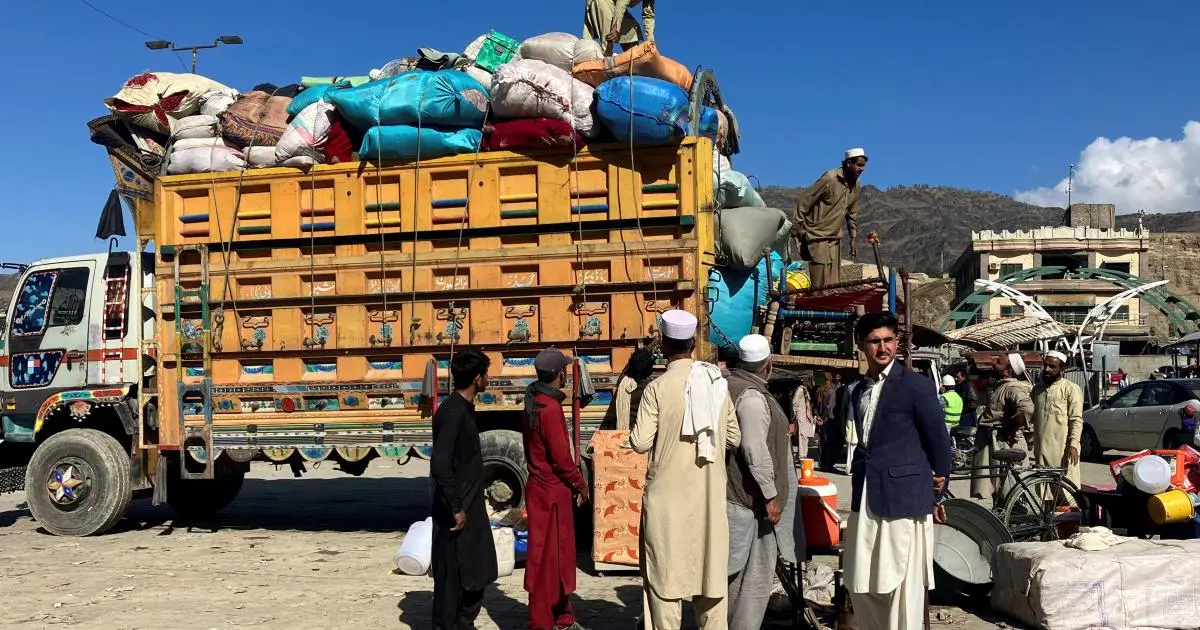

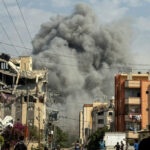



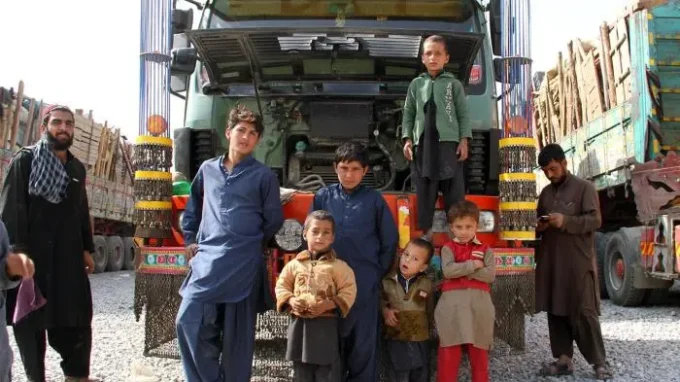
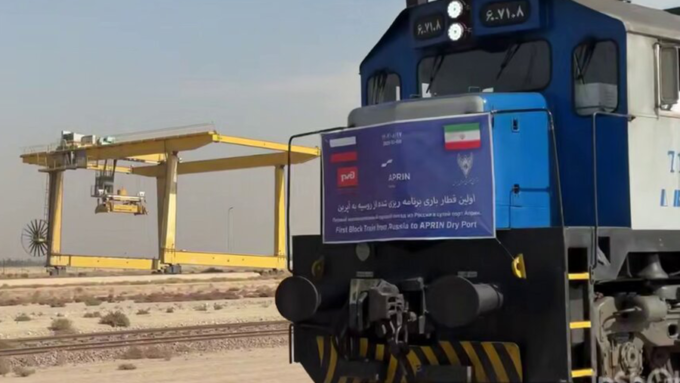
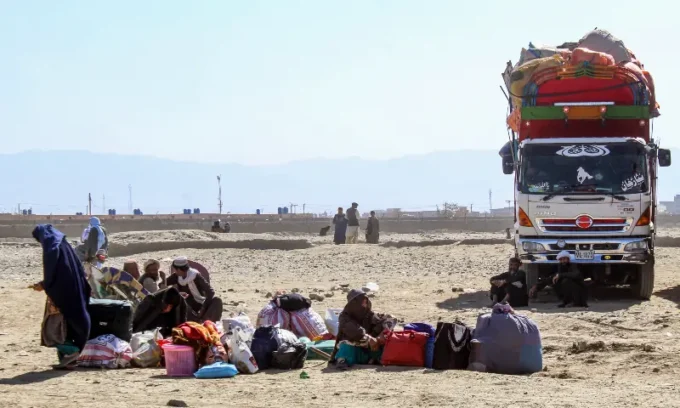
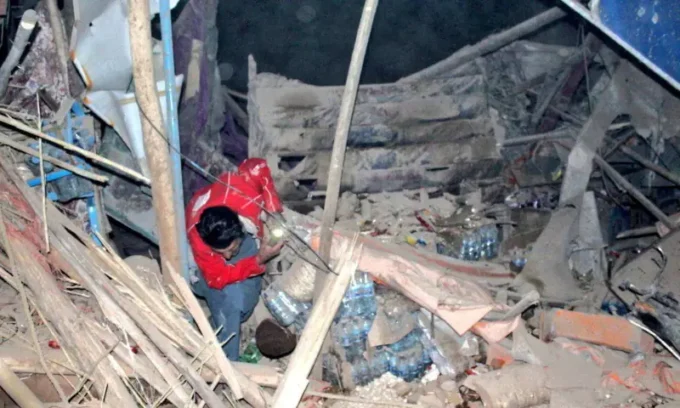




Leave a comment